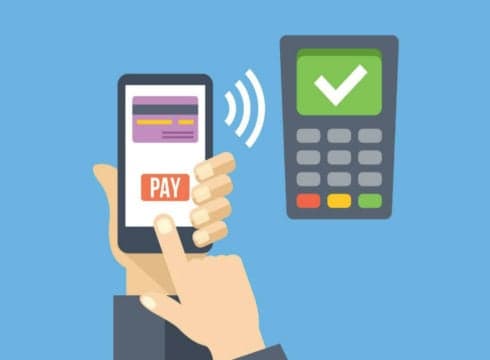Interoperability shall be facilitated to all KYC-compliant PPI accounts of participant PPIs issuers
Interoperability of wallets will be made through UPI
The transactions will be pre-approved before it reaches the UPI
Inc42 Daily Brief
Stay Ahead With Daily News & Analysis on India’s Tech & Startup Economy
Unable to juggle between many mobile wallets? Soon, you may be able to transfer your money from one payments wallet such as PhonePe to others such as Paytm or Mobikwik. In a fresh notification, the RBI has green signalled the interoperability of prepaid payment instruments (PPIs) issuing norms for the same.
As defined by the RBI, PPIs can be smart cards, magnetic stripe cards, Internet accounts, wallets, mobile accounts, mobile wallets, paper vouchers, and any other such instruments that can be used to access a prepaid amount.
However, the RBI, in its notification, clarified that the norms are facultative in nature and only participating PPIs issuers will be required the follow them.
“The participating PPI issuers shall be guided by the technical specifications/standards/requirements for achieving interoperability through UPI and card networks as per the requirements of National Payments Corporation of India (NPCI) and the respective card networks. NPCI and card networks shall facilitate participation by PPI issuers in UPI and card networks,” says the notification.
Welcoming the move, Navin Surya, chairman emeritus, Payments Council of India, and chairman, Fintech Convergence Council stated, “We thank RBI for issuing final interoperability guidelines for PPIs. This is a very progressive move for non-bank players and huge foundations to reach under-banked and unbanked with equally powerful Payment product in the league of debit/credit cards. Also, now the UPI would be accessible to large masses even those who are not banked or are under-banked.”
Interoperability of PPIs: Compliance Matter
Only fully KYC-compliant PPIs will be allowed to make payments to others PPIs. Compliant PPIs will be made interoperable in three ways:
- Interoperability of PPIs issued in the form of wallets through UPI
- Interoperability between wallets and bank accounts through UPI
- Interoperability for PPIs issued in the form of cards through card networks
Thus, the UPI will be an essential means for wallet-to-wallet money transfer, and it will be the NPCI that will further look into the related policy and guidelines to smoothen the process.
As per the guidelines, PPI holders will be onboarded for UPI by their respective PPI issuers, who will link their customer wallets to the handle assigned to them. PPI issuers, as payments system providers (PSPs), will not onboard customers of any bank or any other PPI issuer. The authentication will be completed by the PPI holder as per his/her existing wallet credentials. In other words, a transaction will be pre-approved before it reaches the UPI.
Bipin Preet Singh, founder and CEO of payments wallet Mobikwik, commented, “These guidelines give a lot more confidence and credibility to wallets as far as the consumer is concerned. It will allow consumers to pay via any other wallet over UPI, allow wallets to issue UPI handles & also allow wallets to issue cards without the requirement of a bank. This gives a lot of legitimacy to payments wallets. In fact, these guidelines actually imply that the wallet is becoming like a mini bank account.”
However, the guidelines do not negate the importance of banks as the RBI clarifies, non-bank PPI issuers shall adhere to the requirements of sponsor bank arrangement for the payments settlement process.
The developments have come at a time when a seven-member inter-ministerial committee led by department of economic affairs Secretary Subhash Chandra Garg has recommended that the Payments Regulatory Board (PRB) be made an independent authority recommending a different composition of the PRB where four members will be appointed by the government.
With the UPI having brought India at the forefront of payments innovation, the rate of users adopting mobile payments in India (33%) has surpassed countries like China (25.8%) and South Africa (15%). Non-cash payments are expected to reach 65% of all payments in China and 45% in India by 2020. A Capgemini payments report estimates that India will overtake Australia by 2018-end and Canada by 2019 in non-cash payments.
The interoperability of PPIs will undoubtedly provide a big push to cashless transactions in the country.
{{#name}}{{name}}{{/name}}{{^name}}-{{/name}}
{{#description}}{{description}}...{{/description}}{{^description}}-{{/description}}
Note: We at Inc42 take our ethics very seriously. More information about it can be found here.


